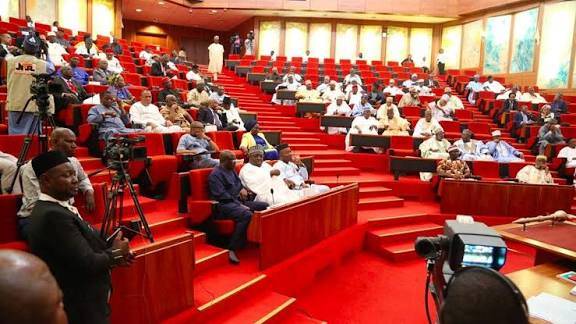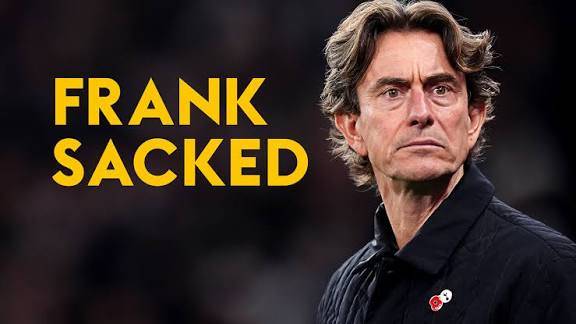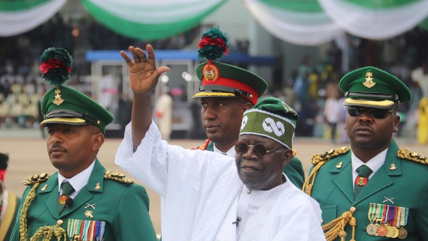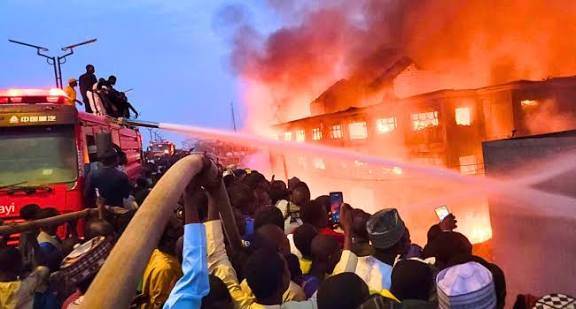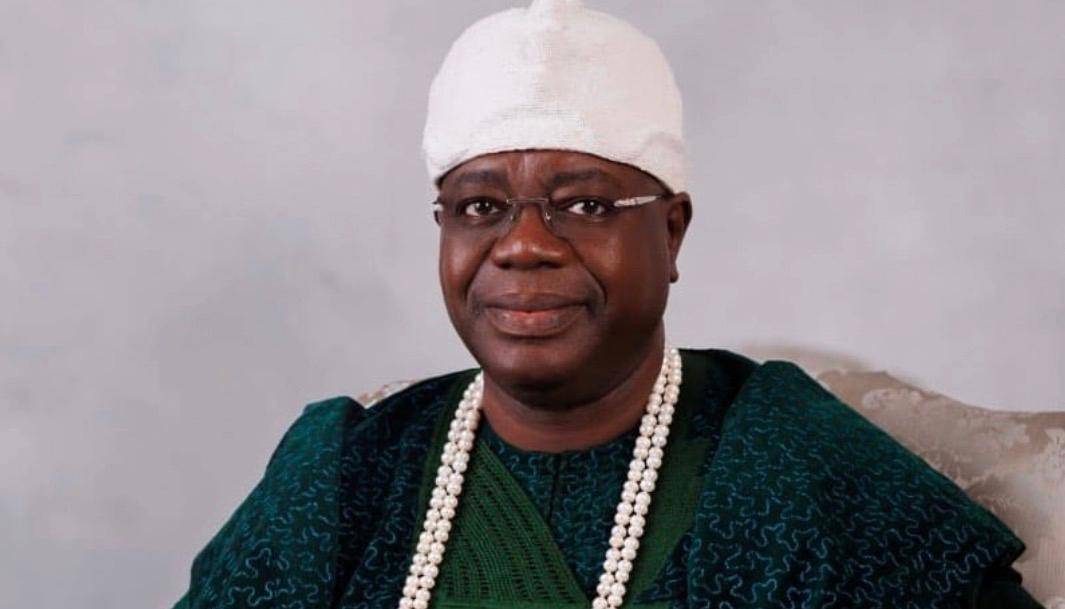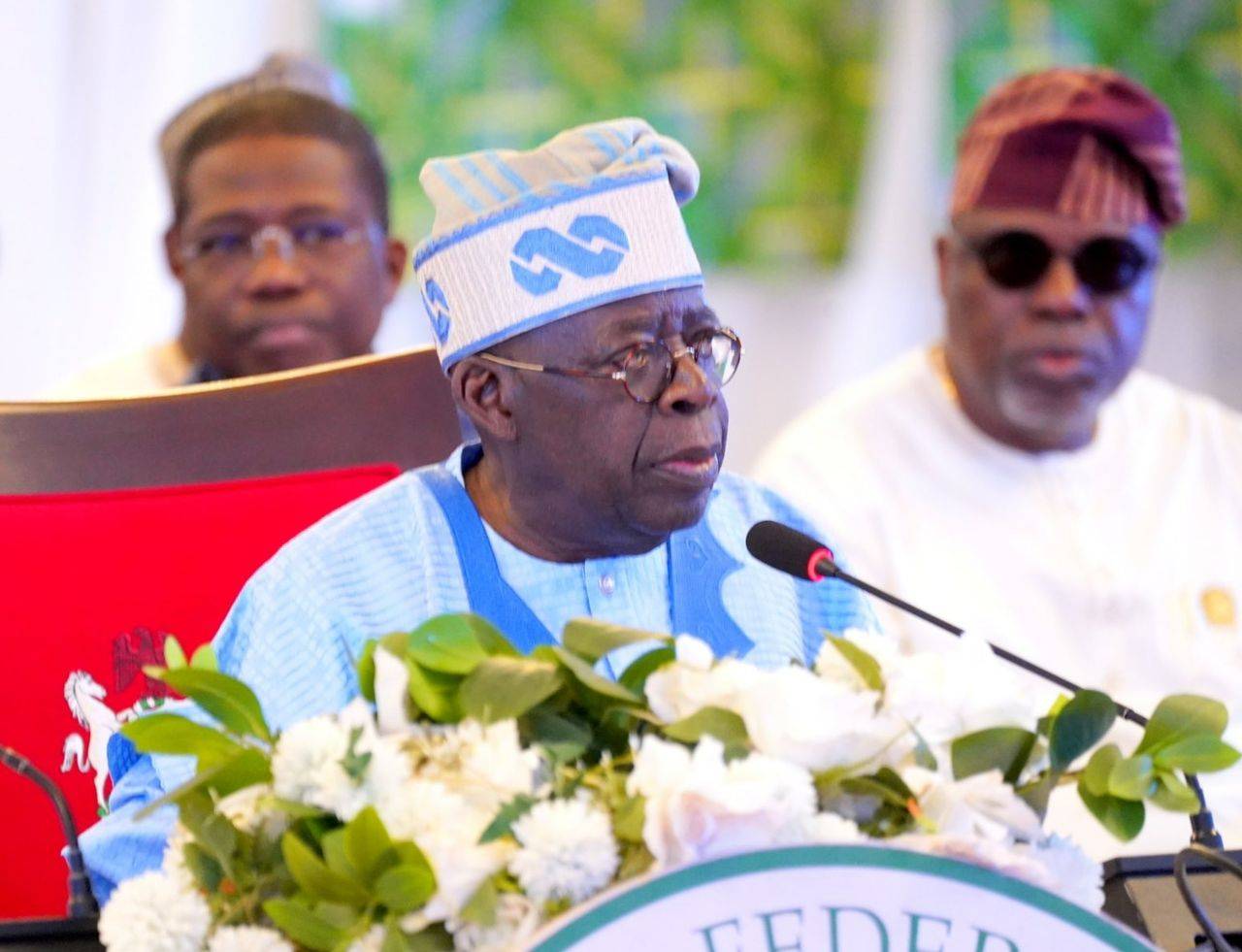By Tatalo Alamu
For the umpteenth time in its chequered history, Haiti has descended into chaos and disorder, a smoldering inferno of confusion fuelled by hate and national disorientation. Port- au- Prince, its grossly misnamed capital, is a haunting scene out of some surreal and apocalyptic novel. In the horrific carnage, charred corpses compete with the incinerated carcasses of animals with people reduced to feral existence roaming listlessly about.
The situation reminds one of the horrors of Gaza and the circumstances of some postcolonial nations in Africa. But Haiti’s dilemma is much more distressing and fear inducing. Whereas postcolonial African nations retain a semblance of the colonial state put together by the colonial masters which often allows them to reassemble their scrambled wits and pick up the pieces, Haiti has never been able to boast of a properly functioning state ever since its proclamation as a nation in 1804 by a band of dare-devil former slaves. Haiti can be described as a nation without a state. The reason lies in its storied history.
The presiding deity or demon of Haiti’s current House of Horrors is a man named Jimmy Cherizier, aka Barbecue, a former cop turned street strongman, who has about eighty percent of the capital under his unruly writ. With the well-armed thugs, Barbecue had already occupied the main airport which had prevented the embattled prime minister Ariel Henry from returning after a peace mission abroad. He became effectively stranded in Puerto Rico.
Even before the hapless and heedless Ariel Henry announced his resignation during the week effectively handing over his beleaguered country to the international community, Barbecue already had his rifle sight trained on the Presidential Palace. The Haitian Armed Forces were nowhere to be found in all this. Talk of the state withering and evaporating before the might of non-state actors.
But listen to the hate-filled rant of this former cop and drug-suffused rap and you cannot but conclude that he is on to something. In all likelihood, and any sham election without legitimacy or popular endorsement notwithstanding, Haiti faces another period of occupation by foreign forces which must first try to restore order and normalcy before statehood can be redeemed. Ever since its proclamation, Haiti has practiced a strange system of fetish autocracy moderated by assassination and occupation.
The occupation, particularly by the United States, sometimes lasting decades in a stretch, often takes on the hue of colonization by any other name. But since the Americans themselves often boast that they do not do nation-building or engage in state reconstruction, Haiti always reverts to its default setting of an anarchic and stateless anomaly. This is the root of the tragedy that has overtaken post-Saddam Iraq and the swift decapitation of American influence in Afghanistan by the resurgent Taliban after two decades of American occupation and trillions of dollars down the drain.
It is the Americans themselves who put the economic motivation of their interventions in Haiti in striking perspective. It is immigration control at source, it was claimed. It was in America’s economic self-interest to prevent Haiti spiraling out of control, otherwise it could prove very difficult to prevent the hordes of Haitian refugees swarming and scrambling across the US border.
The assassination that sparked off the current unrest in Haiti happened in 2021 when its president, Jovenel Moise, was killed by Colombian marauders who came in the dead of the night mainly from the sea. No one has been brought to justice for that dastardly murder. Interestingly enough, a recent report fingered both the outgoing prime-minister and the wife of the late president as being accomplices in the elimination of the president.
It speaks volumes about the fragility and endemic infirmity of the Haitian state if a ragtag force could so easily overwhelm the presidential guard and eliminate the nation’s foremost citizen without any repercussions. The nation has not known any peace ever since as armed thugs and non-state social misfits rose to the occasion making the country ungovernable.
Unable and unwilling to organize any proper election, Henry stalled and stonewalled hoping to profit from the misery of his people. As he did, Barbecue expanded his writ and dominion over the beleaguered nation by sacking the main prisons and making life impossible for everybody. The consequences of this contrived stalemate came when Ariel Henry discovered that he could not return to the country he had left in ruins.
Haiti’s problem can be likened to the plight of the lame fellow who asked people not to judge him by the state of the misaligned luggage he was carrying but by the circumstances of his misshapen limbs. The problem is more fundamental. There is no foundation all the way down the line. Toussaint L’Ouverture and his conspirators faced overwhelming odds.
Despite their bravery and unusual courage, the military genius that saw them defeat their colonial oppressors in the first pitched confrontation between an army made of black people against their imperialist oppressors, was not nearly enough. They lacked the bureaucratic knowledge, the philosophical wherewithal and the scientific nous to run a modern government and its state apparatus.
They could not have learnt this in the forest redoubt they fled to in order to escape the colonial noose. They would have been too preoccupied with how to ward off the encircling predators. But despite their tribulations, they managed to forge a common identity among the disparate groups of runaway slaves. It was an identity forged in suffering and uncommon struggle.
It was the birth of a great African nation out of Africa. Haiti was without any doubt the first authentic Black nation. But without any commensurate state, it wasn’t going anywhere. Unable to master the rudiment of scientific modernity either in statecraft or societal development, the new nation quickly dissolved into a self-disabling compendium of sorcery, mumbo-jumbo and Black magic which has remained its organizing imperative till date.
This is not to talk of the naval blockade, the crippling war reparation imposed by France and the sheer hostility which forbade shared experiences. The new nation was cut adrift from birth unable to enjoy the economic and political freedom that ought to go with its military freedom. This is what Toussaint meant when he passionately pleaded with his French tormentors and subsequent abductors not to substitute the aristocracy of class they have just violently dismantled at home with the aristocracy of race abroad.
But it fell on deaf ears. The new French revolutionary victors would have baulked at the thought and contumely of it all. How could former slaves demand equality from their masters? They had not even forgiven them for their old infractions of thinking they were free. The alarm bell started ringing in the new American Republic of Jefferson and co. If people they had classified as sub-humans without any right to vote could constitute themselves into a new nation, then all was not well with the new world.
The Haitian tragedy can now be placed in its proper universal perspective. It is a colonial tragedy on a monumental scale. It is not a question of whether Africans can do the modern state or the modern nation but whether in the last six hundred years, they have been allowed to develop along their own steam and initiative. A modern and scientifically primed and inquisitive Haiti would have been a magnetizing hub, a rallying Mecca, for subsequent African nations created by colonial fiat.
In the circumstances, it is now Haiti that is more in need of salvation and civilization than desperately ailing African nations. In a replay of the biblical paradox, Haiti, the first African nation, has become the last just as Portugal, the first truly modern nation-state, has become the least developed European nation. Yet as the founding continent and originating home of all humanity, Africa has a profound capacity to produce regenerative genes which cannot be found anywhere else.
This is why the lacklustre performance of some of the continent’s prodigiously endowed nations continues to be a catastrophe for the Black race. The wager is that a few of these countries are destined for global stardom once they get their act together. How and when that African renaissance will come about, whether it will be by peaceful evolution or after some epic transformative showdown, remains a subject of historical conjectures.
As for the hapless Haitians, it is obvious that they have been victims of a double jeopardy. Having been abducted from their original African homestead, they were abandoned in the middle of nowhere like orphans for having the temerity to ask for freedom. The foul and fetid smell of the open sewers, the suppurating slums, the turgid hens, the fearsome cats and the wild goats that roam their anarchic capital right in the heart of western civilization will constitute an open sore of humanity for a long time to come.
Culled from The Nation



